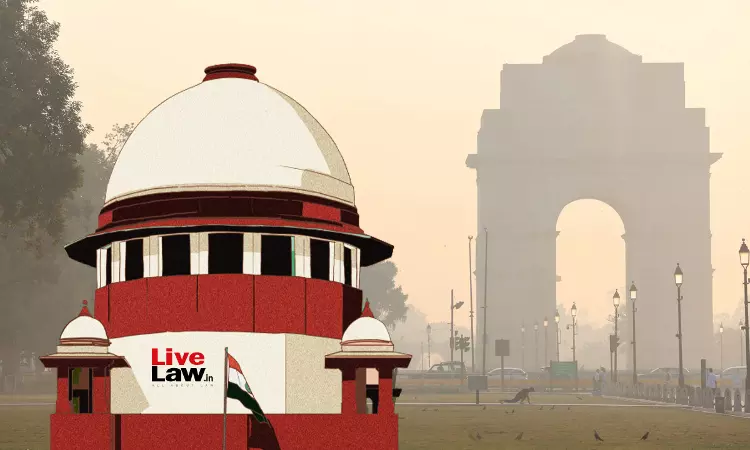Delhi Air Pollution | GRAP-IV Restrictions To Continue In NCR Even If AQI Falls Below 450 : Supreme Court
Amisha Shrivastava
18 Nov 2024 3:45 PM IST

Next Story
18 Nov 2024 3:45 PM IST
Addressing the deteriorating air quality in the Delhi-National Capital Region, the Supreme Court on Monday (November 18) directed that the implementation of the Graded Response Action Plan Statge IV (GRAP-IV) should continue even if the Air Quality Index (AQI) of Delhi improves and falls below 450 till further orders.The Court also expressed dissatisfaction with the Commission for Air...
